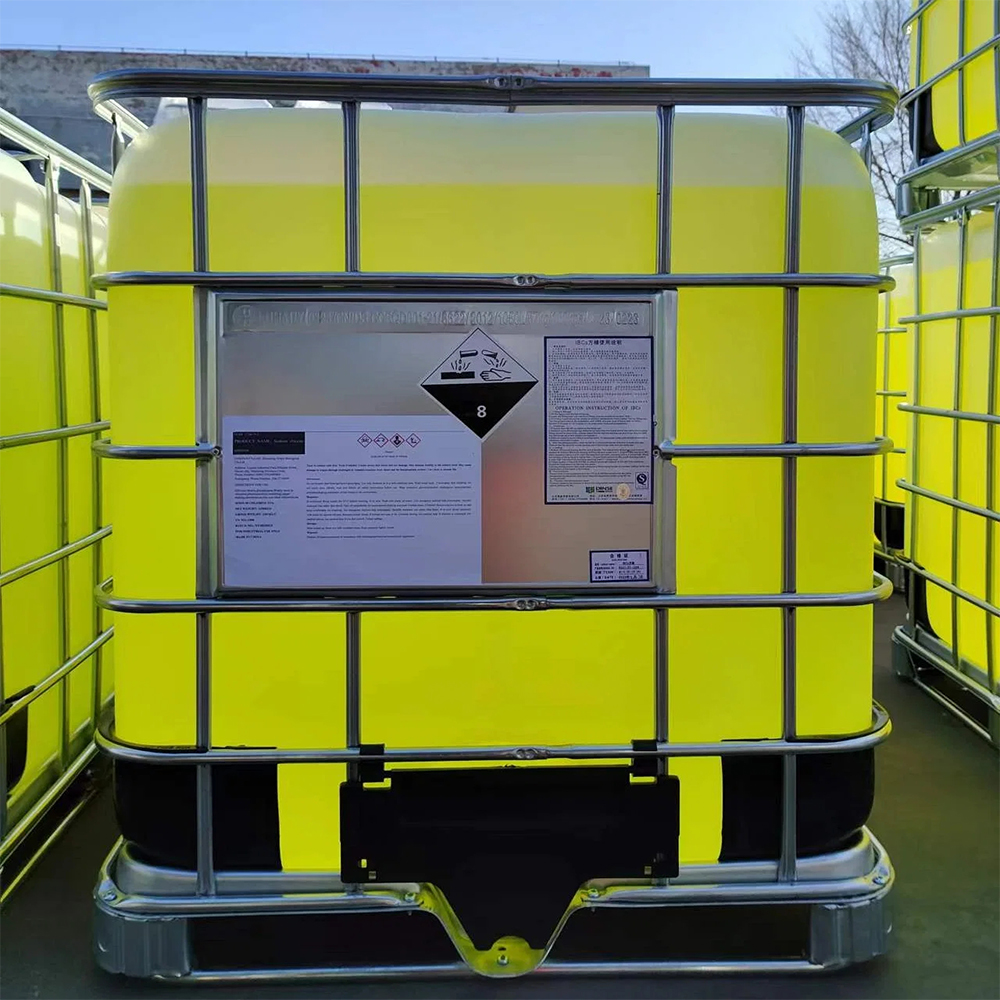



Methods for Effective Pool Water Disinfection and Maintaining Water Quality
Disinfection of Swimming Pool Water Ensuring Safe and Healthy Swimming Environments
Swimming pools are popular recreational facilities that offer relaxation and enjoyment to people of all ages. However, maintaining the hygiene of pool water is essential for preventing the spread of waterborne diseases and ensuring a safe swimming experience. Disinfection is a crucial step in keeping pool water clean and free from harmful pathogens.
The primary goal of pool water disinfection is to eliminate bacteria, viruses, and other microorganisms that can thrive in the warm, chlorinated environment. The most commonly used disinfectant in swimming pools is chlorine. Chlorine not only kills bacteria but also reacts with organic materials and contaminants, forming chloramines, which can cause irritation to the eyes and skin and have an unpleasant odor.
To effectively disinfect pool water, it is vital to maintain appropriate chlorine levels. The recommended free chlorine concentration in swimming pools is typically between 1 and 3 parts per million (ppm). Regular testing of water chemistry is essential to ensure that chlorine levels are within this range. If levels are too low, the pool may become a breeding ground for pathogens; if too high, it can lead to discomfort for swimmers.
disinfection of swimming pool water

In addition to chlorine, alternative disinfection methods have gained popularity in recent years. These include saltwater systems, ultraviolet (UV) light, and ozone generators. Saltwater systems use electrolysis to convert salt into chlorine, providing a gentler swimming experience with lower chlorine odour. UV systems expose water to ultraviolet light, effectively inactivating microorganisms without the addition of chemicals. Ozone generators introduce ozone gas into the water, which acts as a powerful oxidizer, eliminating pathogens and contaminants.
It’s important to understand that no single method of water disinfection is foolproof. A combination of sanitization techniques, proper filtration, and regular maintenance, including backwashing filters and cleaning pool surfaces, is necessary to maintain optimal water quality.
In conclusion, disinfection of swimming pool water is critical for public health and safety. Regular monitoring and management of chlorine levels, along with the use of alternative disinfection methods, contribute to a clean and enjoyable swimming environment. Pool operators and users alike should remain vigilant in promoting water safety, ensuring that all swimmers can enjoy their time in the water without concern.
-
Why Sodium Persulfate Is Everywhere NowNewsJul.07,2025
-
Why Polyacrylamide Is in High DemandNewsJul.07,2025
-
Understanding Paint Chemicals and Their ApplicationsNewsJul.07,2025
-
Smart Use Of Mining ChemicalsNewsJul.07,2025
-
Practical Uses of Potassium MonopersulfateNewsJul.07,2025
-
Agrochemicals In Real FarmingNewsJul.07,2025
-
Sodium Chlorite Hot UsesNewsJul.01,2025










